My Favourite Painting: David Anderson
The director of the National Museum Cardiff chooses a portrait by Josef Herman of one of Wales's great modern poets.
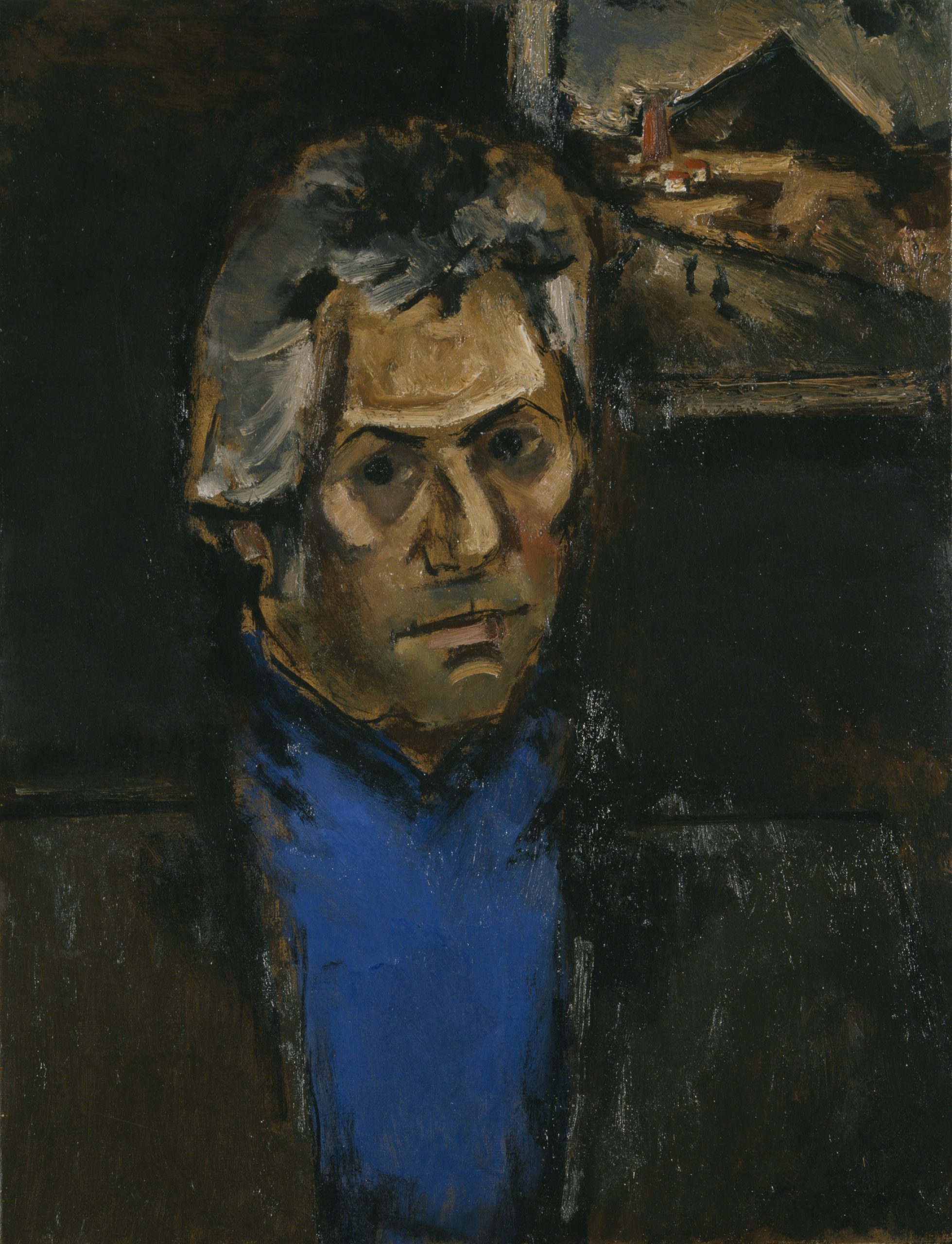

David Anderson on Dannie Abse by Josef Herman
"I chose this work because, for me, it resonates with what’s happening all around us. Dannie Abse was one of Wales’s greatest 20th-century poets, but he was also a chest consultant. What might he have written if he were still alive today?
"The artist Josef Herman, although born in Poland, also gave so much to the cultural life of Wales. At a time when our connections with Europe are being restricted, his work reminds us how important it is for ideas and people to be able to cross borders."
David Anderson is director-general of Amgueddfa Cymru, National Museum Wales.
John McEwen on Herman and his work
Josef Herman, son of a Jewish cobbler, was born in Warsaw. After being trained as a typesetter and book designer, he took evening classes in painting and attended the Warsaw School of Art. From the outset, his subject was working people, from peasant life in Romania to, most famously, the coal miners of Ystradgynlais in Powys, South Wales.
Herman came to Britain via Belgium and France in 1940, to avoid the German invasion. He arrived in Glasgow, where he found an exiled community of Polish artists, among them Jankel Adler, with whom he cemented a friendship when they discovered that both their entire families had fallen victim to the Holocaust.
Herman moved to London in 1943. His first solo show, held during the war, was with a leading Cork Street gallery, Roland, Browse & Delbanco, an association that would continue for 35 years.
He went to Ystradgynlais on holiday in 1944 and found life there so congenial that he converted a factory into a studio and lived and worked in his adopted country for more than a decade. Ill health took him away, first to Spain, then back to London and Suffolk. His portraits, which formed an important second-string to his artistic bow, had the advantage of being uncommissioned paintings of friends.
Dannie Abse, poet and physician, was born of a Jewish family in Cardiff. He was a younger brother of Leo Abse, for many years the Labour MP for Pontypool, a flamboy-ant dresser and introducer of more private members’ bills than any other 20th-century British MP. The poet Vernon Scannell wrote that the traditionalist Abse’s poetry offered ‘entertainment, deep feeling and thought, and its own quirky and memorable music’.
Sign up for the Country Life Newsletter
Exquisite houses, the beauty of Nature, and how to get the most from your life, straight to your inbox.
Country Life is unlike any other magazine: the only glossy weekly on the newsstand and the only magazine that has been guest-edited by HRH The King not once, but twice. It is a celebration of modern rural life and all its diverse joys and pleasures — that was first published in Queen Victoria's Diamond Jubilee year. Our eclectic mixture of witty and informative content — from the most up-to-date property news and commentary and a coveted glimpse inside some of the UK's best houses and gardens, to gardening, the arts and interior design, written by experts in their field — still cannot be found in print or online, anywhere else.
-
 380 acres and 90 bedrooms on the £25m private island being sold by one of Britain's top music producers
380 acres and 90 bedrooms on the £25m private island being sold by one of Britain's top music producersStormzy, Rihanna and the Rolling Stones are just a part of the story at Osea Island, a dot on the map in the seas off Essex.
By Lotte Brundle
-
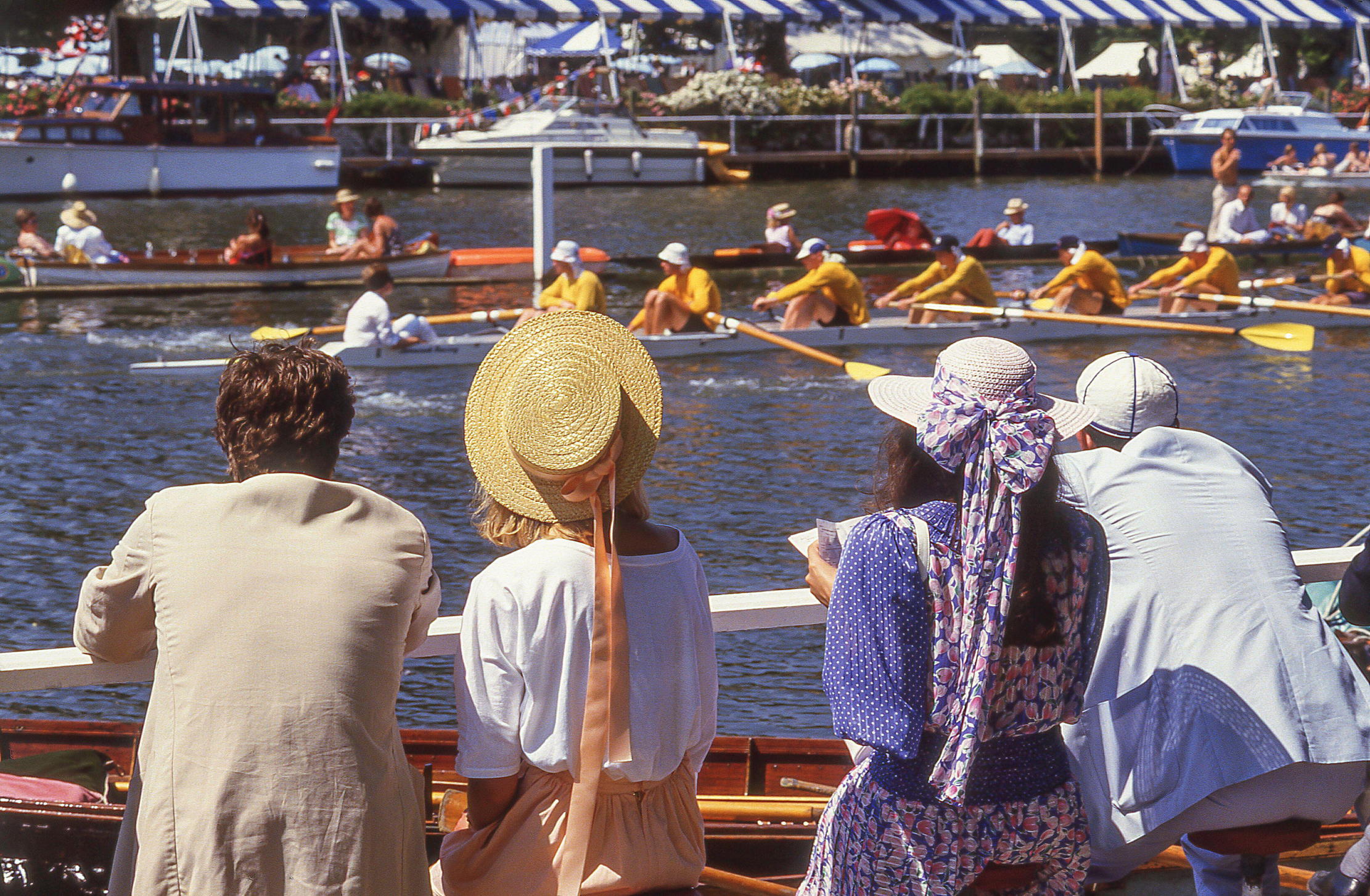 'A delicious chance to step back in time and bask in the best of Britain': An insider's guide to The Season
'A delicious chance to step back in time and bask in the best of Britain': An insider's guide to The SeasonHere's how to navigate this summer's top events in style, from those who know best.
By Madeleine Silver
-
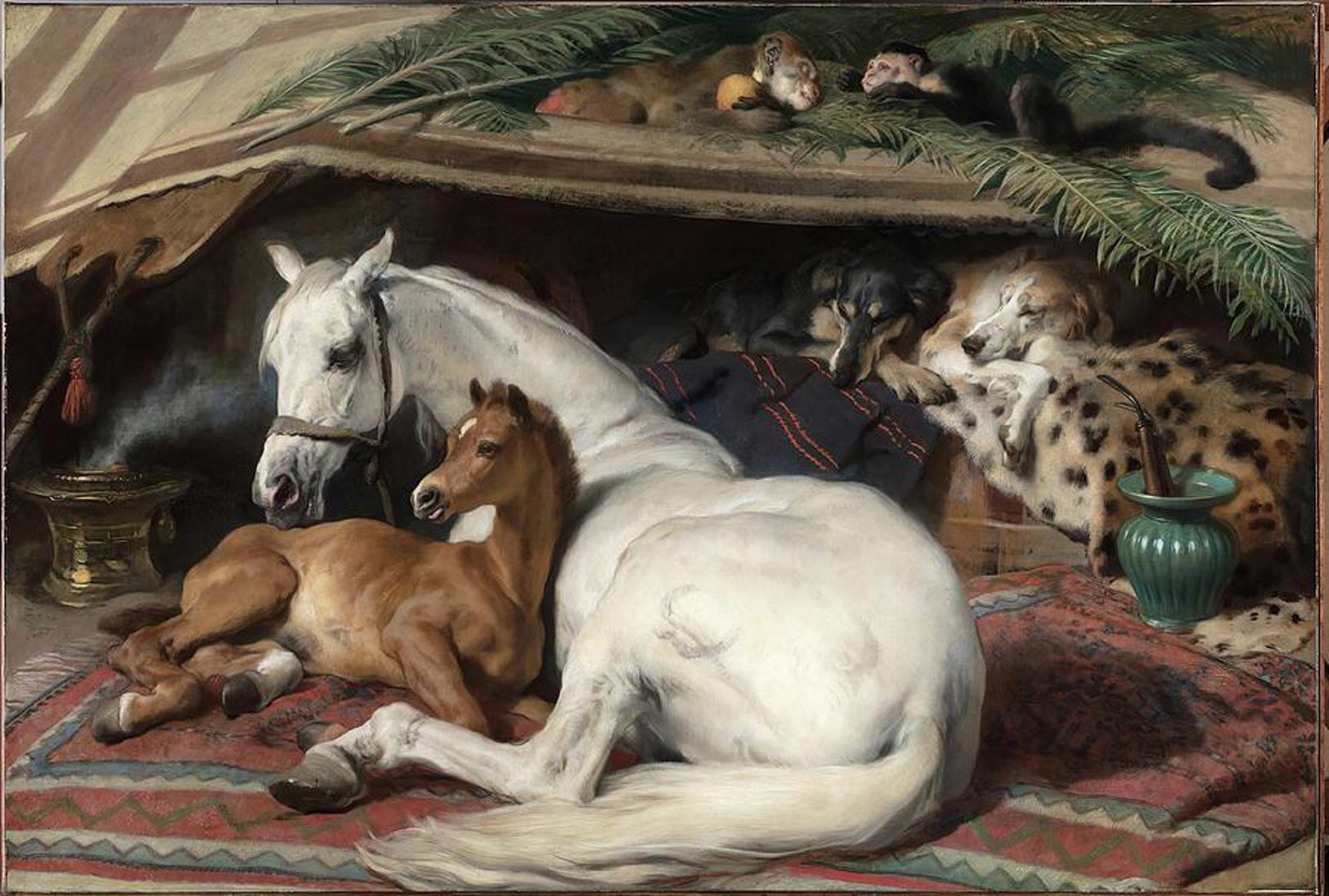 'As a child I wanted to snuggle up with the dogs and be part of it': Alexia Robinson chooses her favourite painting
'As a child I wanted to snuggle up with the dogs and be part of it': Alexia Robinson chooses her favourite paintingAlexia Robinson, founder of Love British Food, chooses an Edwin Landseer classic.
By Charlotte Mullins
-
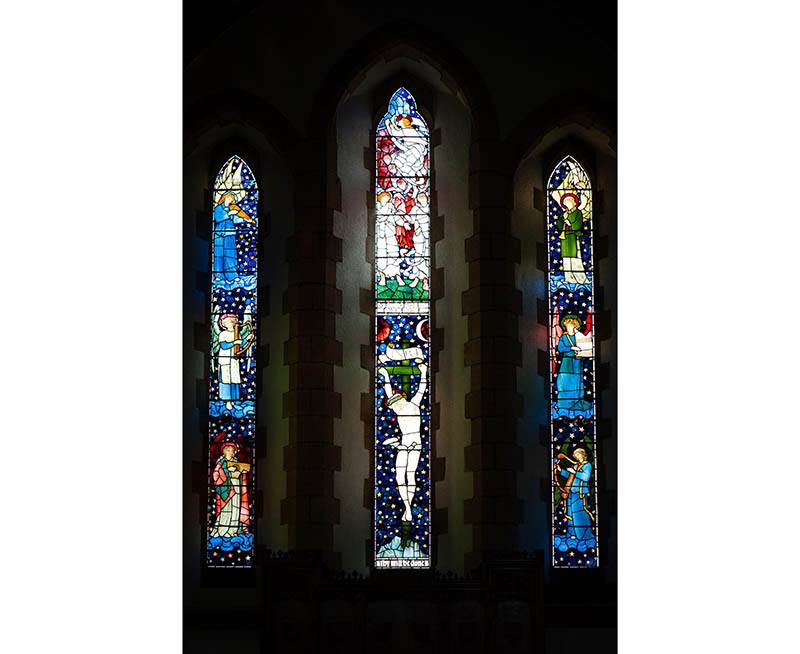 The Pre-Raphaelite painter who swapped 'willowy, nubile women' for stained glass — and created some of the best examples in Britain
The Pre-Raphaelite painter who swapped 'willowy, nubile women' for stained glass — and created some of the best examples in BritainThe painter Edward Burne-Jones turned from paint to glass for much of his career. James Hughes, director of the Victorian Society, chooses a glass masterpiece by Burne-Jones as his favourite 'painting'.
By Charlotte Mullins
-
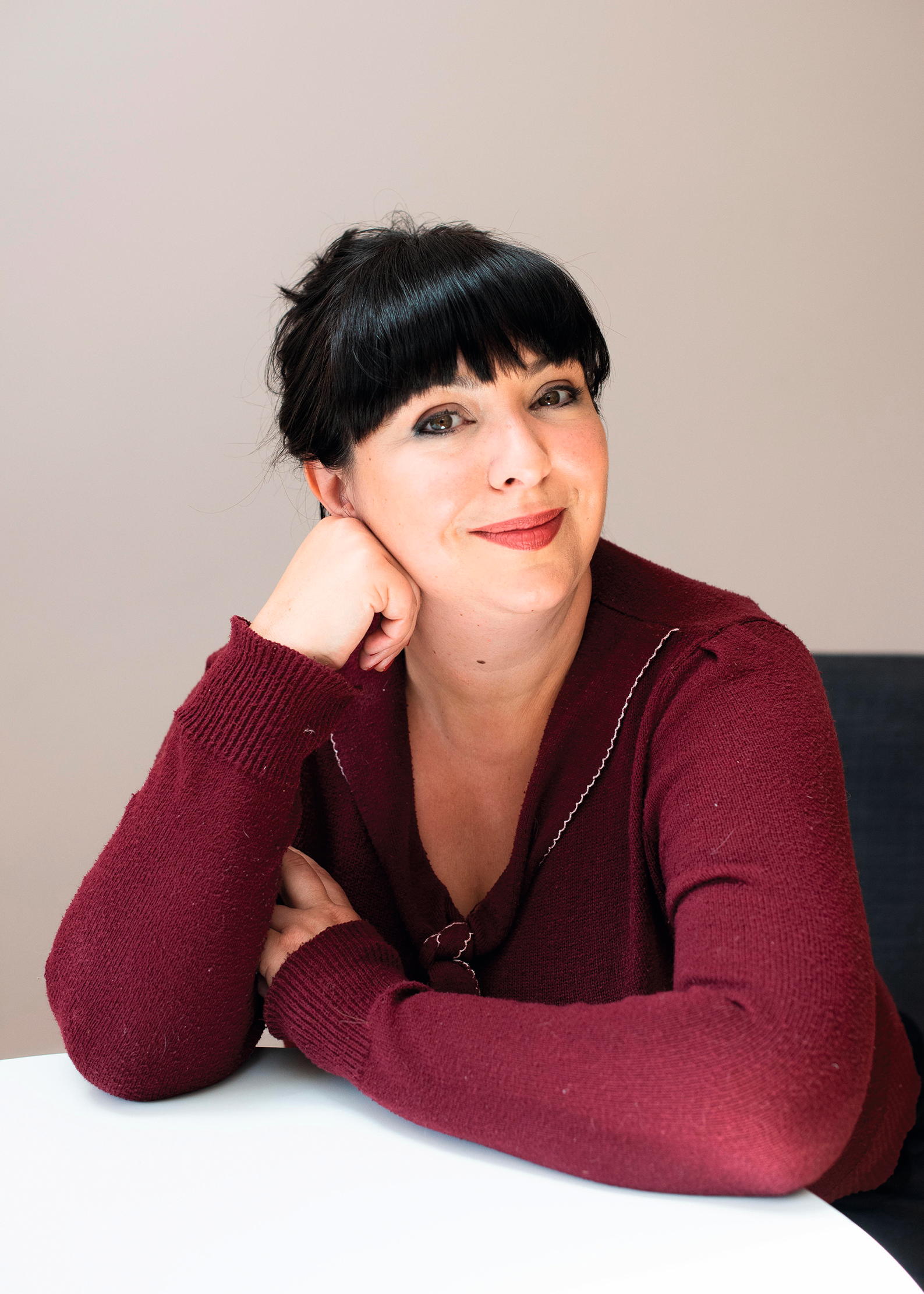 'I can’t look away. I’m captivated': The painter who takes years over each portrait, with the only guarantee being that it won't look like the subject
'I can’t look away. I’m captivated': The painter who takes years over each portrait, with the only guarantee being that it won't look like the subjectFor Country Life's My Favourite Painting slot, the writer Emily Howes chooses a work by a daring and challenging artist: Frank Auerbach.
By Toby Keel
-
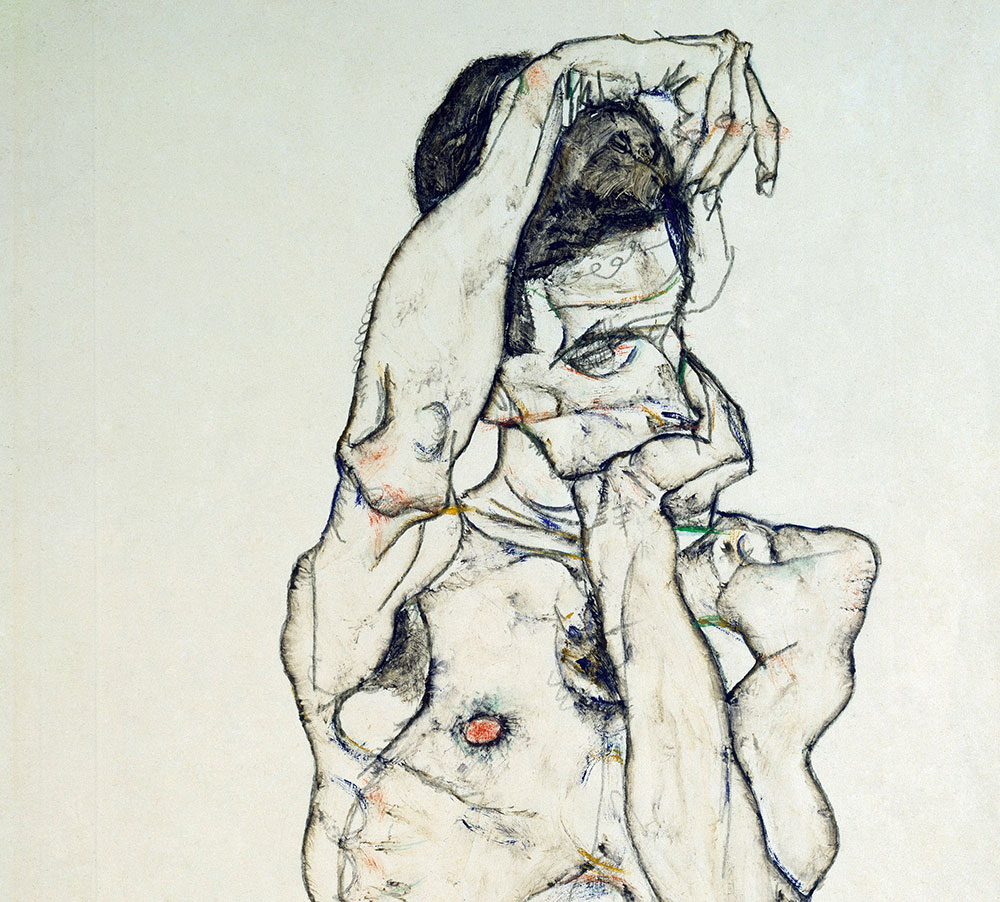 My Favourite Painting: Rob Houchen
My Favourite Painting: Rob HouchenThe actor Rob Houchen chooses a bold and challenging Egon Schiele work.
By Charlotte Mullins
-
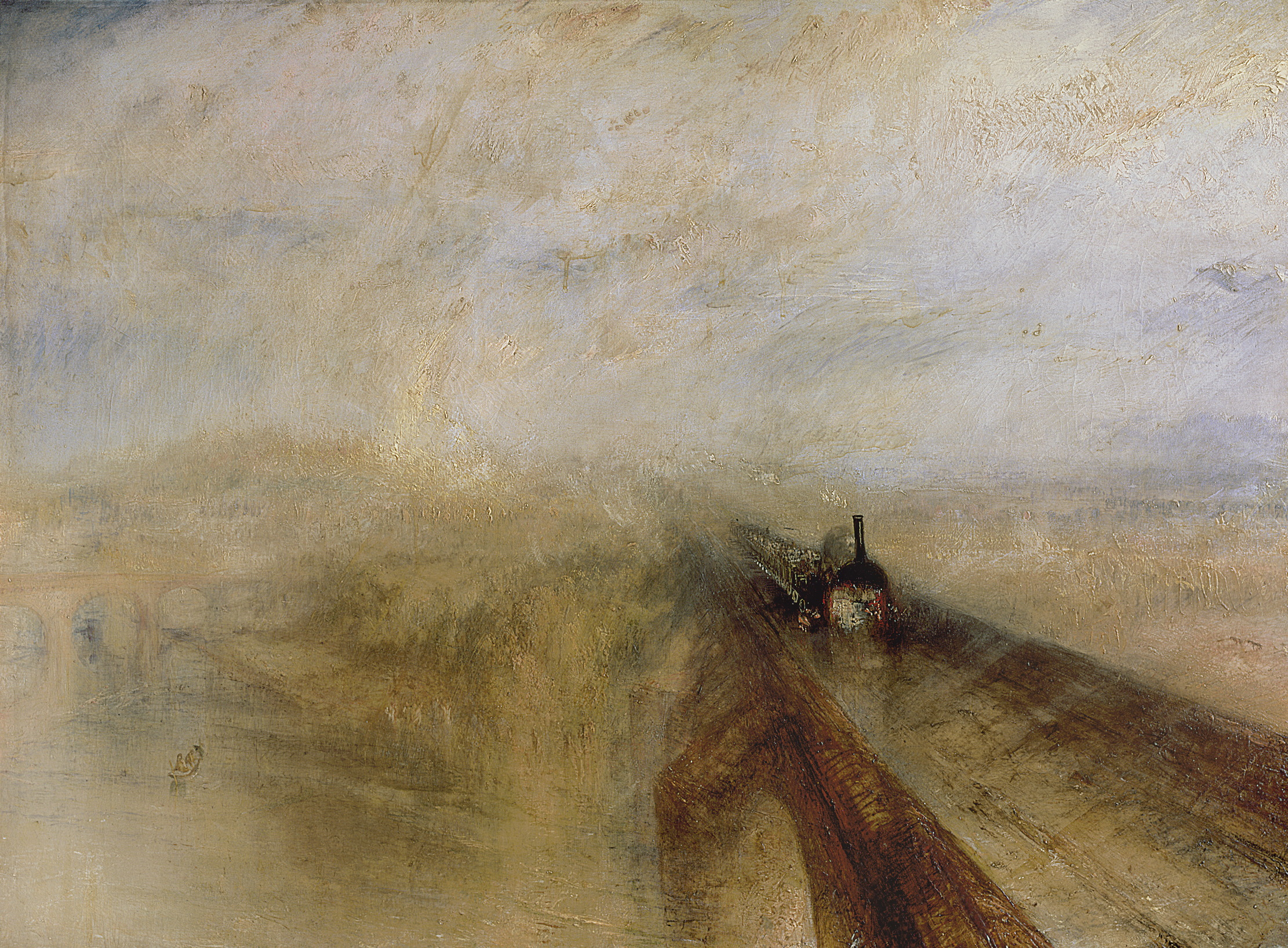 My Favourite Painting: Jeremy Clarkson
My Favourite Painting: Jeremy Clarkson'That's why this is my favourite painting. Because it invites you to imagine'
By Charlotte Mullins
-
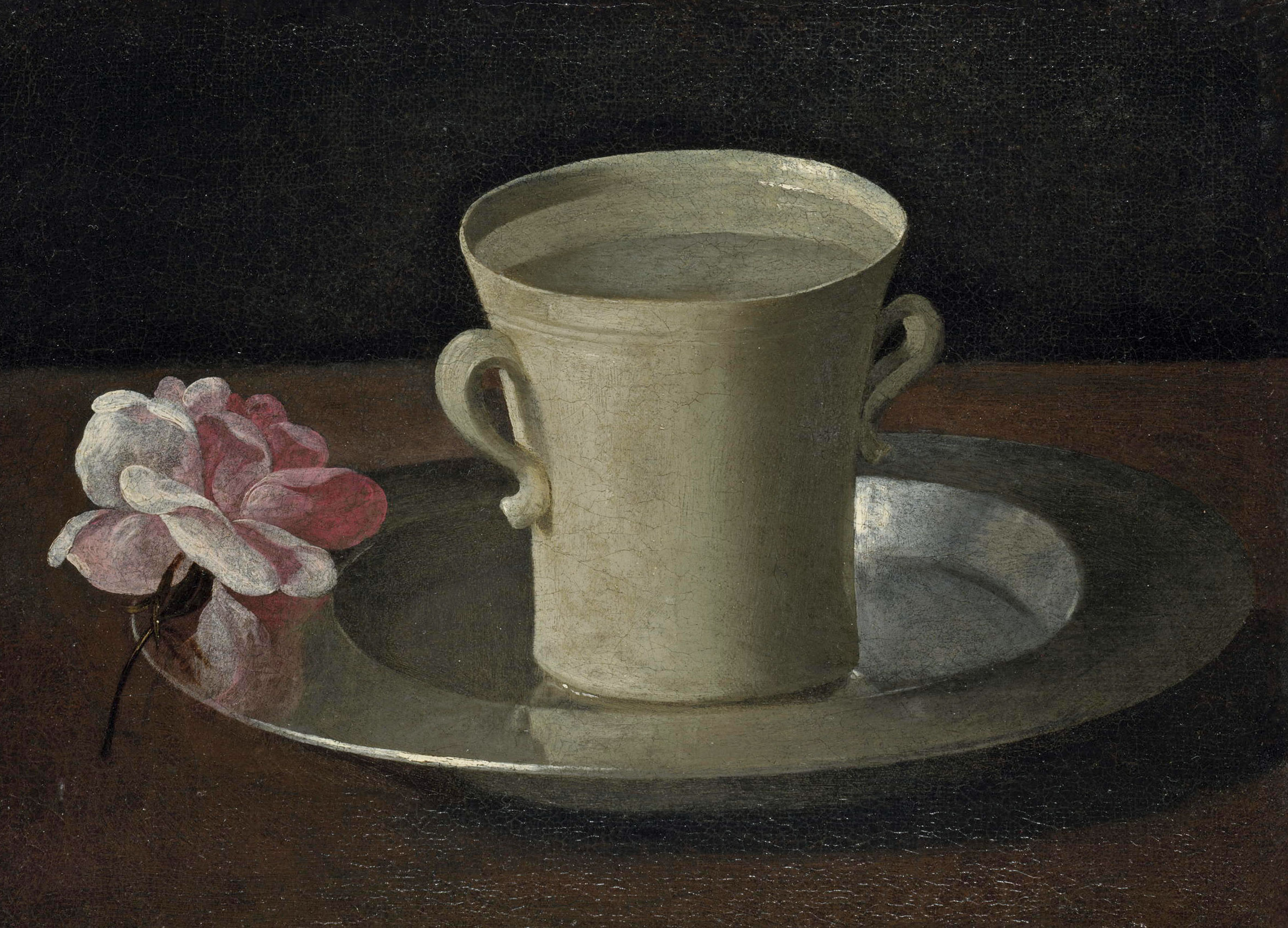 The chair of the National Gallery names his favourite from among the 2,300 masterpieces — and it will come as a bit of a shock
The chair of the National Gallery names his favourite from among the 2,300 masterpieces — and it will come as a bit of a shockAs the National Gallery turns 200, the chair of its board of trustees, John Booth, chooses his favourite painting.
By Toby Keel
-
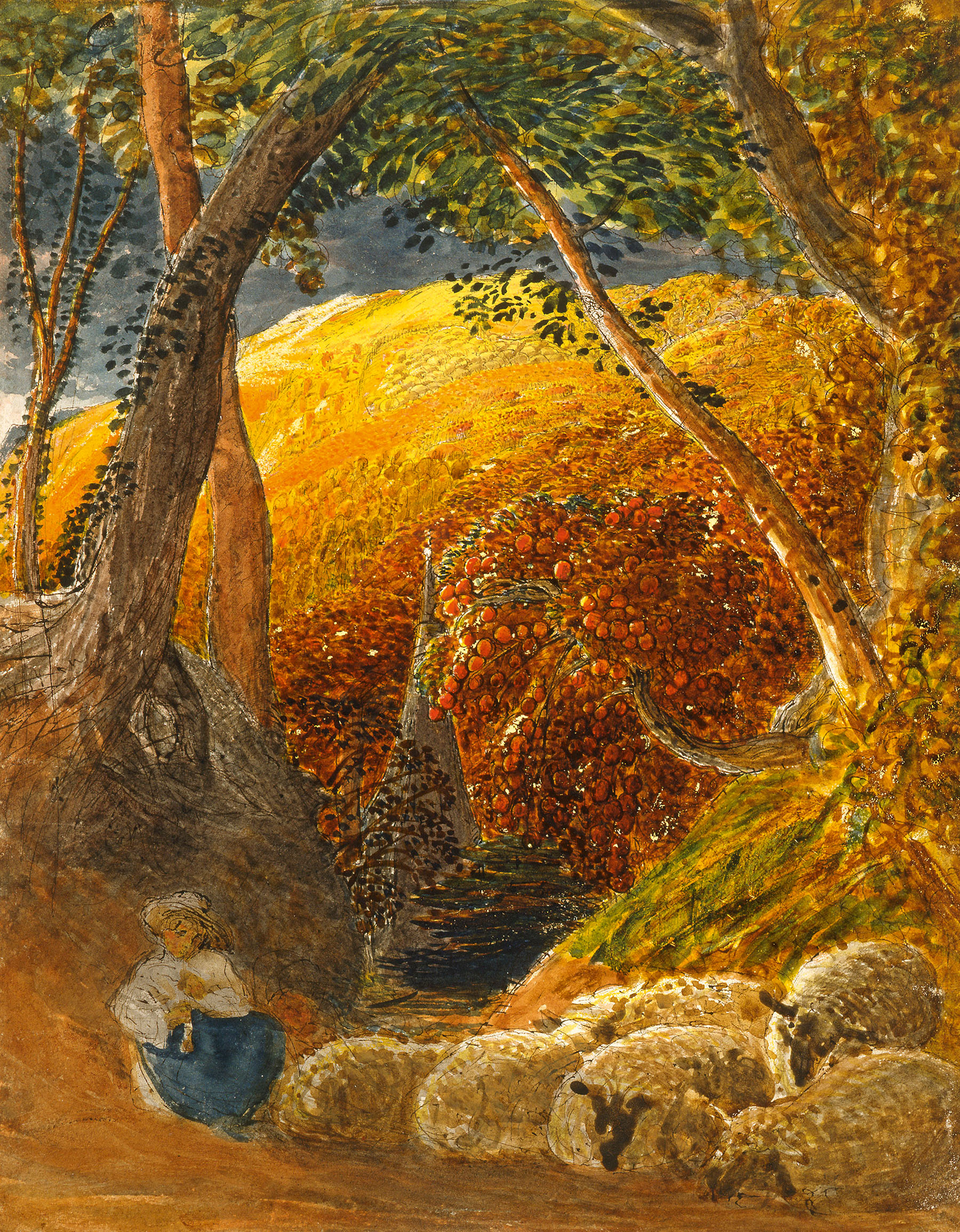 'A wonderful reminder of what the countryside could and should be': The 200-year-old watercolour of a world fast disappearing
'A wonderful reminder of what the countryside could and should be': The 200-year-old watercolour of a world fast disappearingChristopher Price of the Rare Breed Survival Trust on the bucolic beauty of The Magic Apple Tree by Samuel Palmer, which he nominates as his favourite painting.
By Charlotte Mullins
-
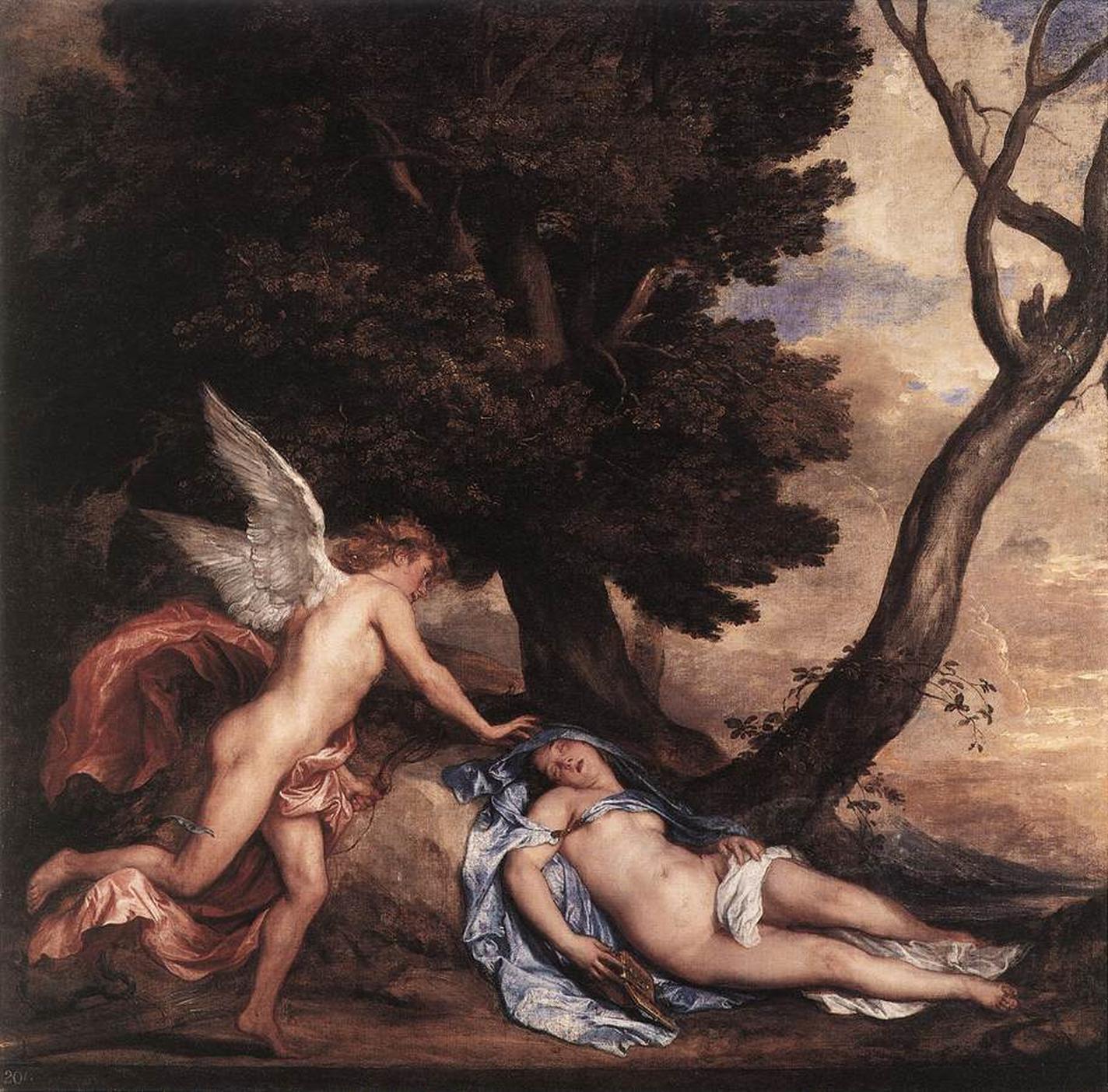 My favourite painting: Andrew Graham-Dixon
My favourite painting: Andrew Graham-Dixon'Lesson Number One: it’s the pictures that baffle and tantalise you that stay in the mind forever .'
By Country Life